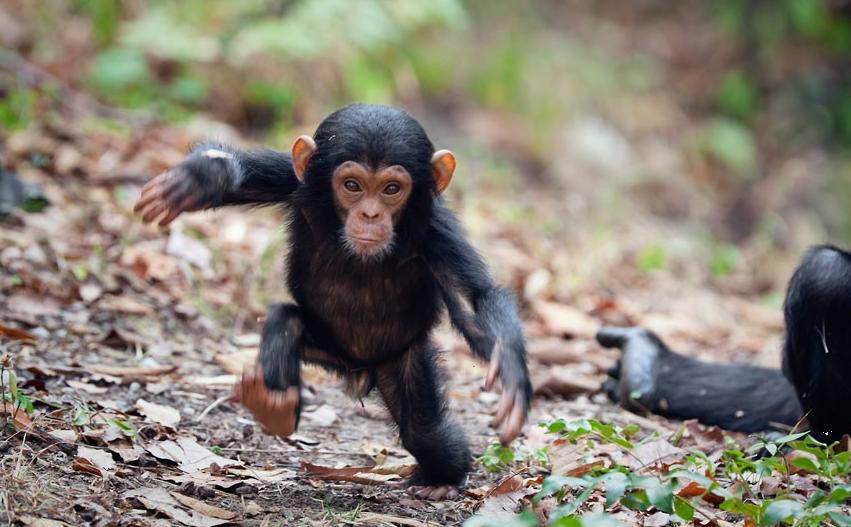I put stock into what experts say.
An appeal to authority is a logical fallacy. And where that opinion is demonstrably subjective, an arbitrary valuation, it has no more weight than what your local butcher believes, or the guy who changes your tires.
You're right, there is not a definite, consensus opinion to draw from. There is data suggesting that around 22 weeks is when "humanity" begins and that's based on science, which I wouldn't consider particularly arbitrary.
I take exception to that idea. Humanity isn't a stage in development on any biological/medical chart. It does not describe process or reflect a demonstrable thing, which is the province of scientific fact. Instead, humanity exists as a reflection of our response to biology, as a point where we value that collection of cells and recognize the vesting of right. Now you can believe that point should be at conception, or where those collected cells experience pain, or where they can exist independently of the host (the Roe standard), or with the first breath, but wherever you place value, you aren't doing it by logical necessity.
That's the problem of any assignment and the danger in failing to protect the unborn at every point along our line of chronological being, given that all of us recognize that point exists.
Could they be wrong? Could "humanity" begin before 22 weeks? I suppose it's possible, but based on what we know about our brain it's highly highly unlikely.
That we could be abrogating that which we have no right to abrogate is sufficient, but unnecessary given that there is no way to factor probability here, there being no points in relation to a defined and necessary litmus.
And I don't think that a pregnant woman should have to care for a child that she neither wants nor has the means to care for if the science backs her up, and the only opposition is "what if"
Except that you do believe it once the demonstrable what if becomes a certainty to you. At that point you're as militant as any.
You're right, this "line of humanity" is somewhat arbitrary.
Outside of its existence, entirely.
But we have to draw it somewhere
Rather, we know it exists somewhere and that it is inviolate and that if we draw that line at any point past the point of conception we permit ourselves the possibility to do that which we have no right to do and, worse, we do not take that chance, risk endangering the fundamental right of another being by necessity either.
, and we might as well base that on the objective and expert opinions of those who study it
But they don't study humanity. They study biology. They're no more qualified than the milkman to render an opinion on a thing a microscope will never demonstrate.

